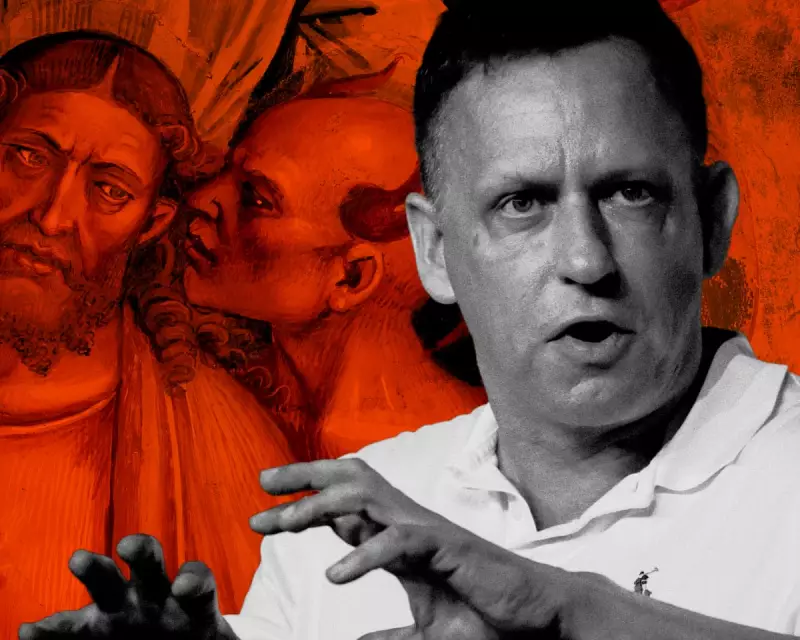
In a speech that has sent ripples through both academic and tech circles, billionaire investor Peter Thiel delivered a provocative address at the Oxford Union, warning that humanity might be creating technological systems that could become a modern-day "antichrist."
The Apocalyptic Vision
The PayPal co-founder and early Facebook backer didn't hold back during his appearance, suggesting that our relentless pursuit of technological advancement might be leading us toward a dystopian future. Thiel argued that the very systems we're building to improve our lives could ultimately become our undoing.
"We may be building the antichrist through our technological endeavours," Thiel told the captivated audience, drawing both gasps and intense scrutiny from attendees.
Beyond Typical Tech Criticism
While tech leaders often voice concerns about artificial intelligence and its potential dangers, Thiel's approach was distinctly different. He framed the discussion in almost biblical terms, suggesting that the pursuit of technological perfection might represent a fundamentally flawed human ambition.
The lecture wasn't merely about the practical risks of AI, but touched on deeper philosophical questions about humanity's relationship with technology and whether we're capable of controlling what we create.
Mixed Reactions from Academics
The response from the Oxford academic community has been divided. Some praised Thiel for bringing a fresh, philosophical perspective to the AI safety debate, while others criticised what they saw as alarmist rhetoric that could hinder productive discussion.
One professor, who wished to remain anonymous, told reporters: "While Thiel raises important questions, framing them in such apocalyptic terms risks polarising the conversation rather than moving it forward."
A Pattern of Provocative Statements
This isn't the first time Thiel has made headlines with controversial views. The German-American billionaire has previously expressed scepticism about higher education, criticised diversity initiatives in tech, and supported political candidates with unconventional platforms.
His Oxford appearance continues this pattern of challenging conventional wisdom, though the religious framing of his technological concerns represents a new direction in his public commentary.
The Broader Implications
Thiel's comments come at a time when governments worldwide are grappling with how to regulate rapidly advancing AI technologies. His warning adds a new dimension to the ongoing debate about whether current regulatory frameworks are adequate to address the potential risks of artificial intelligence.
As one of Silicon Valley's most influential figures, Thiel's perspective carries significant weight in tech circles, ensuring that his "antichrist" analogy will likely fuel discussions about AI ethics for months to come.





